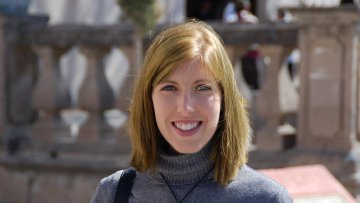How to give a bad talk
Abstract
What is the point of giving a talk? What is the point of going to a talk? In this presentation, which is intended to have a lot of audience participation, I would like to explore how one should prepare talks for different audiences and different occasions, and what one should try to get out of going to a talk.



